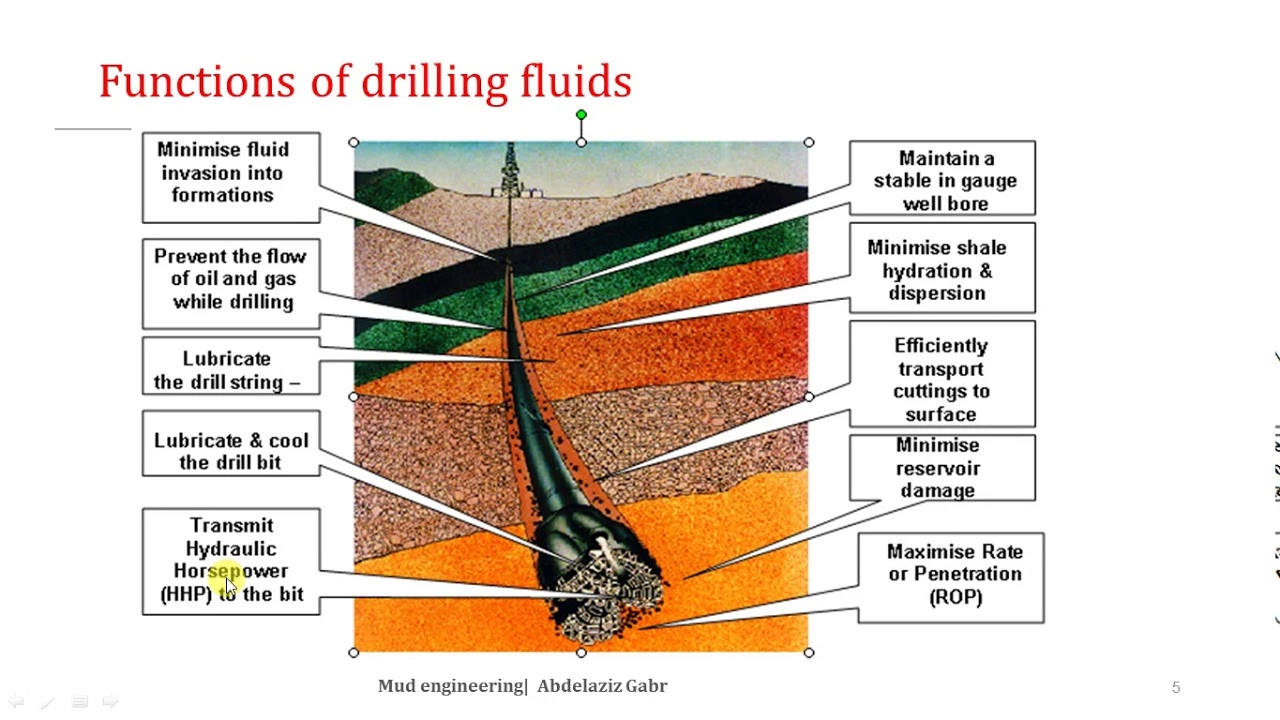Calcium Carbonate: What It Does and Why It’s Different
Calcium carbonate is one of the most common forms of calcium you'll see on pharmacy shelves. People use it as an antacid for heartburn and as a calcium supplement for bone health. It’s cheap and contains a lot of elemental calcium — about 40% by weight — so a 1,000 mg tablet of calcium carbonate provides roughly 400 mg of elemental calcium.
How it works and how to take it
As an antacid, calcium carbonate neutralizes stomach acid quickly, giving fast relief from heartburn. As a supplement, it supplies the calcium your body needs for bones, nerves, and muscles.
Practical tips: take calcium carbonate with food — stomach acid helps you absorb it. If you’re using it for heartburn, chewable tablets work best for fast action. For daily calcium needs, most adults aim for about 1,000–1,200 mg of elemental calcium per day from food plus supplements combined. Remember the label shows elemental calcium or the amount of carbonate — check which number you’re looking at.
Example: a 500 mg calcium carbonate tablet gives about 200 mg elemental calcium. If your doctor recommends 1,000 mg elemental calcium daily, you’d need five of those 500 mg tablets or adjust with dietary calcium.
Interactions, risks, and who should avoid it
Calcium interferes with how your body absorbs several medicines. Don’t take calcium carbonate at the same time as:
- Levothyroxine (thyroid medication): separate by 4 hours.
- Certain antibiotics (tetracyclines, fluoroquinolones): separate by 2–4 hours to avoid reduced antibiotic effect.
- Bisphosphonates for bone loss and some iron supplements: also separate by a few hours.
If you take acid-reducing drugs (PPIs or H2 blockers), calcium carbonate may absorb less well because it needs stomach acid. In that case, calcium citrate is usually a better choice.
Possible side effects are mild: constipation, gas, or a chalky taste. Too much calcium can raise the risk of kidney stones in people prone to them — if you have kidney disease or a history of stones, talk to your doctor before taking supplements.
How to pick a supplement: check the label for elemental calcium, prefer smaller doses spread across the day (your body absorbs calcium better that way), and look for third-party testing (USP, NSF) if you want quality assurance. If you take many pills or have low stomach acid, consider calcium citrate instead.
Final practical notes: store tablets in a cool, dry place; don’t exceed the recommended daily total without medical advice; and tell your provider about all supplements when starting or stopping prescription drugs. If you’re unsure which form or dose is right, a quick call to your pharmacist or doctor clears it up fast.

The use of calcium carbonate in the production of batteries
As a blogger researching the latest advancements in battery technology, I recently discovered the significant role calcium carbonate plays in the production of batteries. Calcium carbonate serves as a crucial component in the manufacturing process, contributing to improved performance and increased energy storage capacity. It also aids in reducing the overall cost of production, making batteries more affordable for consumers. Additionally, calcium carbonate's eco-friendly nature makes it a sustainable choice in the quest for developing cleaner energy sources. Overall, calcium carbonate is revolutionizing the battery industry, paving the way for a greener and more efficient future.
read more
Calcium carbonate in the oil and gas industry: An essential component
As a vital component in the oil and gas industry, calcium carbonate plays a crucial role in various aspects of the drilling process. It helps in stabilizing the drilling fluid, preventing the formation of gas hydrates, and maintaining the desired density of the fluid. Additionally, calcium carbonate is an effective bridging agent, sealing off porous sections of the wellbore to prevent fluid loss. Furthermore, it aids in the neutralization of acidic components in the drilling fluid, ensuring the well's stability and safety. Overall, calcium carbonate's versatility and effectiveness make it an indispensable component in the oil and gas industry.
read more